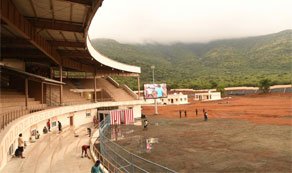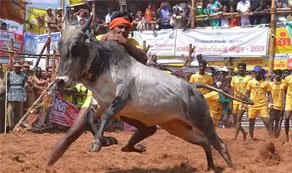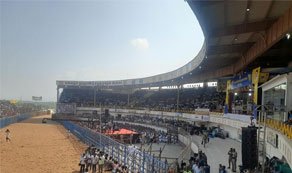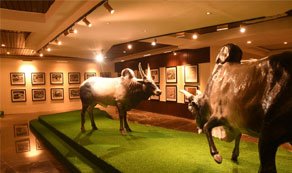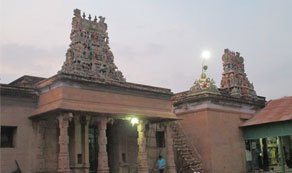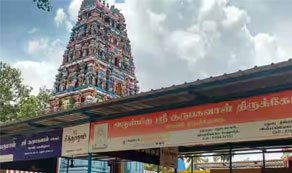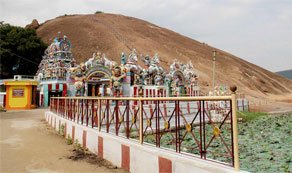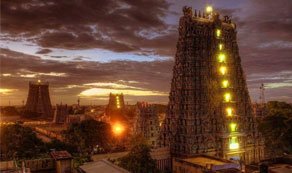Jallikattu Stadium
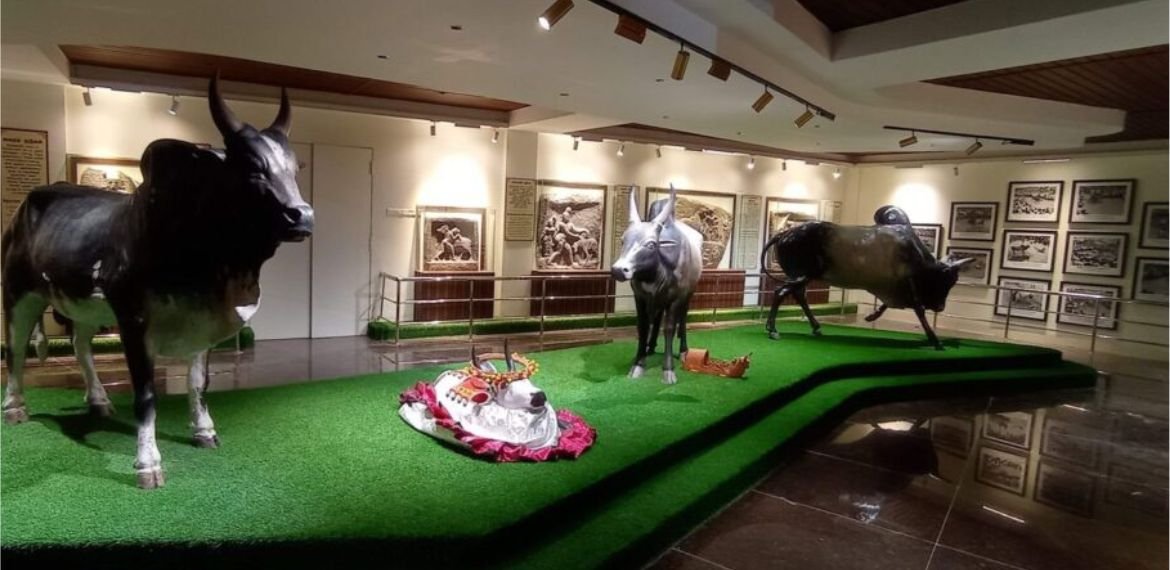
While customary Jallikattu events will continue to take place in Alanganallur, Palamedu, and Avaniapuram in Madurai and will not be shifted, the stadium named Kalaignar Centenary EruThazhuvuthalArangam in Keelakarai will play host to regular league matches as part of the efforts to promote the traditional sport, which has rich mentions in age-old Tamil literature.
The brand-new Jallikattu Arena, a three-tiered stadium with a seating capacity of 5,000 people, will witness its first league match on the inauguration day, registration for which has already begun.
“Since the game emotionally and sentimentally runs through the minds and hearts of people of Madurai, we felt the need to construct a big stadium near Alanganallur, whose Jallikattu is world-famous.” B Chandra Mohan, Principal Secretary (Public Works Department)
By conducting regular league Jallikattu matches in the new stadium, the Tamil Nadu government also believes it can attract more tourists to the state, especially to Madurai.
Built- into an area of 83,462 sq. ft., the stadium has a vaadivaasal, a narrow passage from where the bulls are let into the ground, a bull burn area, an exclusive gallery for VVIPs, and lawns and gardens, among others.
“The stadium is equipped with emergency response arrangements, including a hospital and a veterinary centre for participants and bulls. The premises will also boast a museum on the significance of the bulls in Jallikattu,” the bureaucrat added.
Since this is the only big stadium constructed exclusively for Jallikattu, the government believes it will attract players and bull owners to participate in the league matches. The stadium can be utilised for conducting various cultural and sporting events during the lean season.
Jallikattu is celebrated with much fervour in several parts of Tamil Nadu, especially in Madurai, Sivaganga, and Pudukkottai districts, during the Tamil month of Thai (mid-January to mid-February).
Referred to as eruthazhuvuthal (embracing the bull) in Sangam literature, Jallikattu is deep-rooted in Tamil culture and a symbol of Tamil pride and valour. Jallikattu is derived from the Tamil words sallikaasu (coins) and kattu (a package). It means those who tame the bull will get the package (prize money) that is tied to the animal’s horns.
Kalithogai, a rich Sangam Era Tamil literature dating back to 200 BCE, calls eruthazhuvuthal (embracing the bull) a sport played in Mullai (forest) land. Historians say eruthazhuvuthal was a sport of the masses, and it has a deep-rooted cultural identity.




